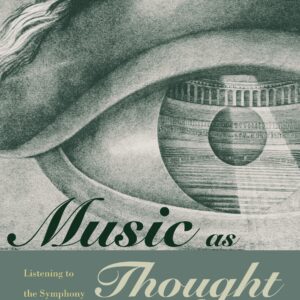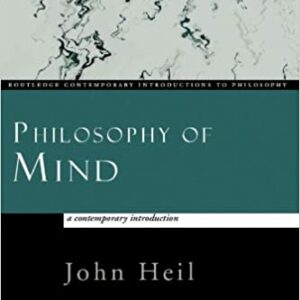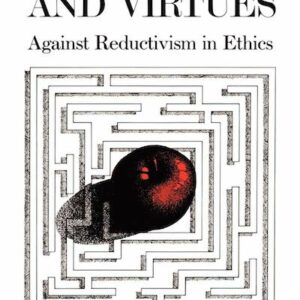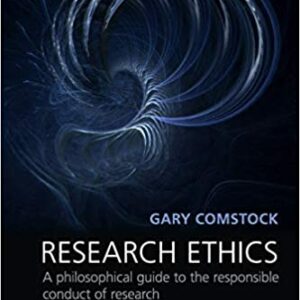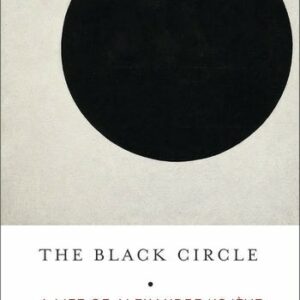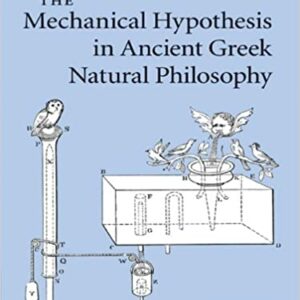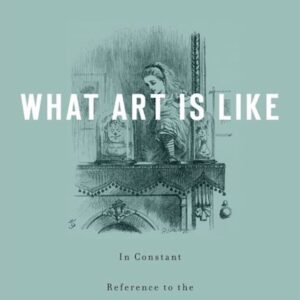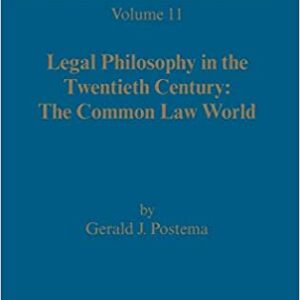
Legal Philosophy in the Twentieth Century: The Common Law World
By Gerald J. Postema (NHC Fellow, 1986–87; 2005–06) Volume 11, the sixth of the historical volumes of A Treatise of Legal Philosophy and General Jurisprudence, offers a fresh, philosophically engaged, critical interpretation of the main currents of jurisprudential thought in the English-speaking world of the 20th century. It tells the tale of two lectures and their legacies: … Continued
